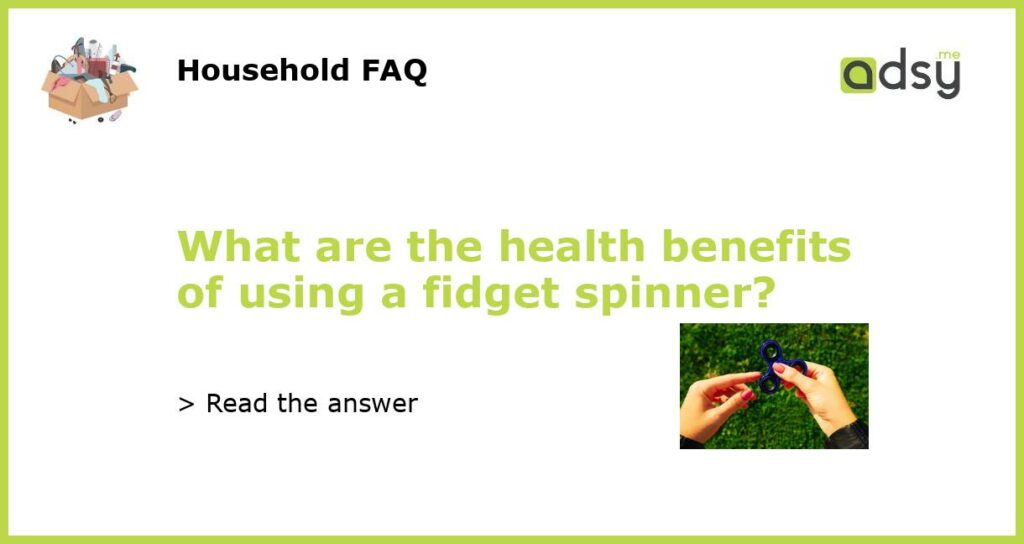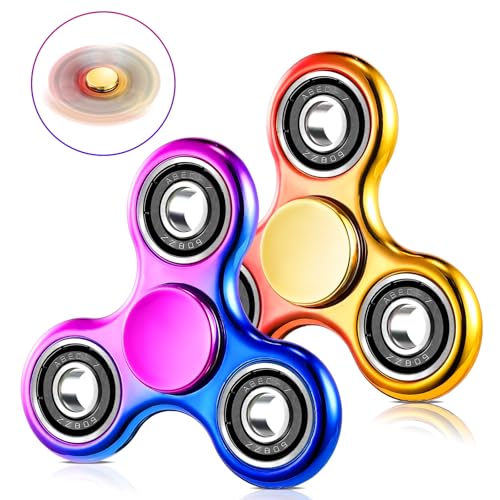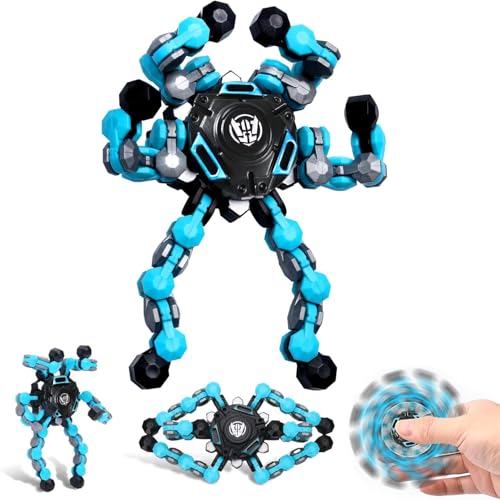The Science Behind Fidget Spinners
Fidget spinners have been marketed as a stress-relieving tool for those who suffer from anxiety, ADHD, and autism. But what makes them so effective? According to research, fidgeting helps improve focus and attention to detail. The motion of a fidget spinner can act as a form of sensory stimulation, allowing the brain to process information more efficiently. Simply put, fidget spinners provide a healthy outlet for restless energy.
Relief from Anxiety and ADHD Symptoms
For those who suffer from anxiety and ADHD, life can be especially challenging. Fidgeting can help alleviate some of the symptoms associated with these disorders, such as restlessness, fidgeting, and difficulty concentrating. Studies have shown that fidgeting can also reduce stress levels by releasing dopamine and reducing cortisol, the “stress hormone” that can cause anxiety and feelings of unease. By providing a physical outlet for anxiety and ADHD symptoms, fidget spinners can help improve mental well-being.
Improved Motor Skills
Using a fidget spinner requires coordination and dexterity, which can help improve fine motor skills. This is particularly important for those who have suffered from injury or illness that has impaired their motor skills. Rehabilitation professionals often recommend fidget spinners as a therapeutic tool for those recovering from surgery or injury.
Lessened Cigarette Cravings
Recent research has shown that fidget spinners can be an effective tool for smokers trying to quit the habit. According to a study conducted by the University of Pennsylvania, using a fidget spinner can help reduce cigarette cravings by providing a healthy outlet for nervous energy. The study found that smokers who used fidget spinners were less likely to smoke and more likely to remain tobacco-free.
Better Sleep Quality
Fidget spinners have been shown to improve sleep quality in children and adults who suffer from sleep disorders. By promoting relaxation and reducing anxiety, fidget spinners can help individuals fall and stay asleep. This is particularly important for those who suffer from disorders such as insomnia, restless leg syndrome, and sleep apnea, which can significantly impact overall health and well-being.






